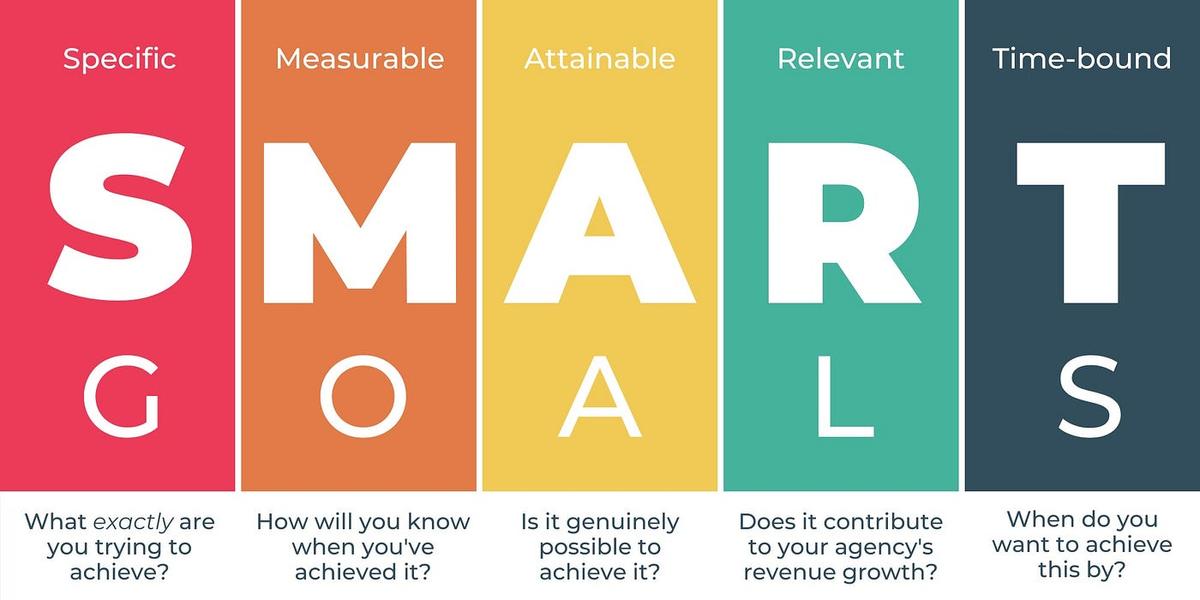Year 11 & 12
Mr Tim Hayward

Year 11 & 12
Mr Tim Hayward
As we conclude the first semester and gear up for the second, it is an ideal time to reflect on our achievements and setbacks. Setting a goal is like charting a course for an exciting adventure. Whether it is excelling in academics, mastering a new skill or making the sports team, having a clear objective gives you direction and purpose. But the path to success is seldom straightforward. Achieving your goals requires careful planning, perseverance, and the courage to embrace failure as a vital part of the learning process.


The Importance of goal setting
Setting a goal is the first step towards turning your dreams into reality. It helps you focus your efforts and resources on what truly matters. When setting a goal, make sure it is SMART: Specific, Measurable, Achievable, Relevant, and Time-bound. This framework ensures that your goals are clear and attainable, providing a roadmap to success.
For example, if you aim to improve your math grades, a SMART goal might be: "I want to raise my math grade from a C to a B by the end of the term by studying for an hour each day and attending homework help weekly."




Planning for Success
Once you've set your goal, the next step is to create a plan. Break down your goal into smaller, manageable tasks. This makes the process less overwhelming and helps you track your progress. For our math improvement goal, your plan might include:
• Reviewing class notes
• Completing all homework assignments on time
• Practicing extra problems on weekends
• Meeting with your teacher every Thursday
• Completing more past papers
Having a plan not only keeps you organised but also motivates you by showing how much closer you're getting to your goal with each completed task.


Embracing Failure
Despite your best efforts, setbacks and failures are inevitable. However, failure is not the end—it's an opportunity for growth. The greatest lessons we learn often come from our mistakes. When you fail, it's important to reflect on what went wrong and how you can improve. Father Gift gave us a great quote from Nelson Mandela in Chapel this week: “The greatest glory in living lies not in never falling, but in rising every time we fall.”
For instance, if you didn't achieve the math grade you were aiming for, ask yourself why. Did you underestimate the amount of study time needed? Did you skip homework help sessions? Use this feedback to adjust your plan and try again.


The Power of Perseverance
Perseverance is the key to overcoming failure. Thomas Edison, the inventor of the lightbulb, famously said, "I have not failed. I've just found 10,000 ways that won't work." Each failure brought him closer to success. Adopting this mindset will help you stay resilient and determined.
Remember, every successful person has faced setbacks. What sets them apart is their ability to learn from failure and keep moving forward. View failure as a stepping stone, not a stumbling block.
Setting goals and planning how to achieve them are essential skills that will serve you well throughout your life. Embrace failure as a natural part of the journey and an opportunity to learn and grow. By doing so, you'll develop resilience, creativity, and a deeper understanding of yourself and your capabilities.
So, as you set your sights on your next goal, remember: the path may be challenging, but with careful planning and a positive attitude towards failure, you can achieve anything you set your mind to. Aim high, plan well, and let each failure be a lesson that brings you closer to success.
Mr Tim Hayward
Head of Year 11 & 12